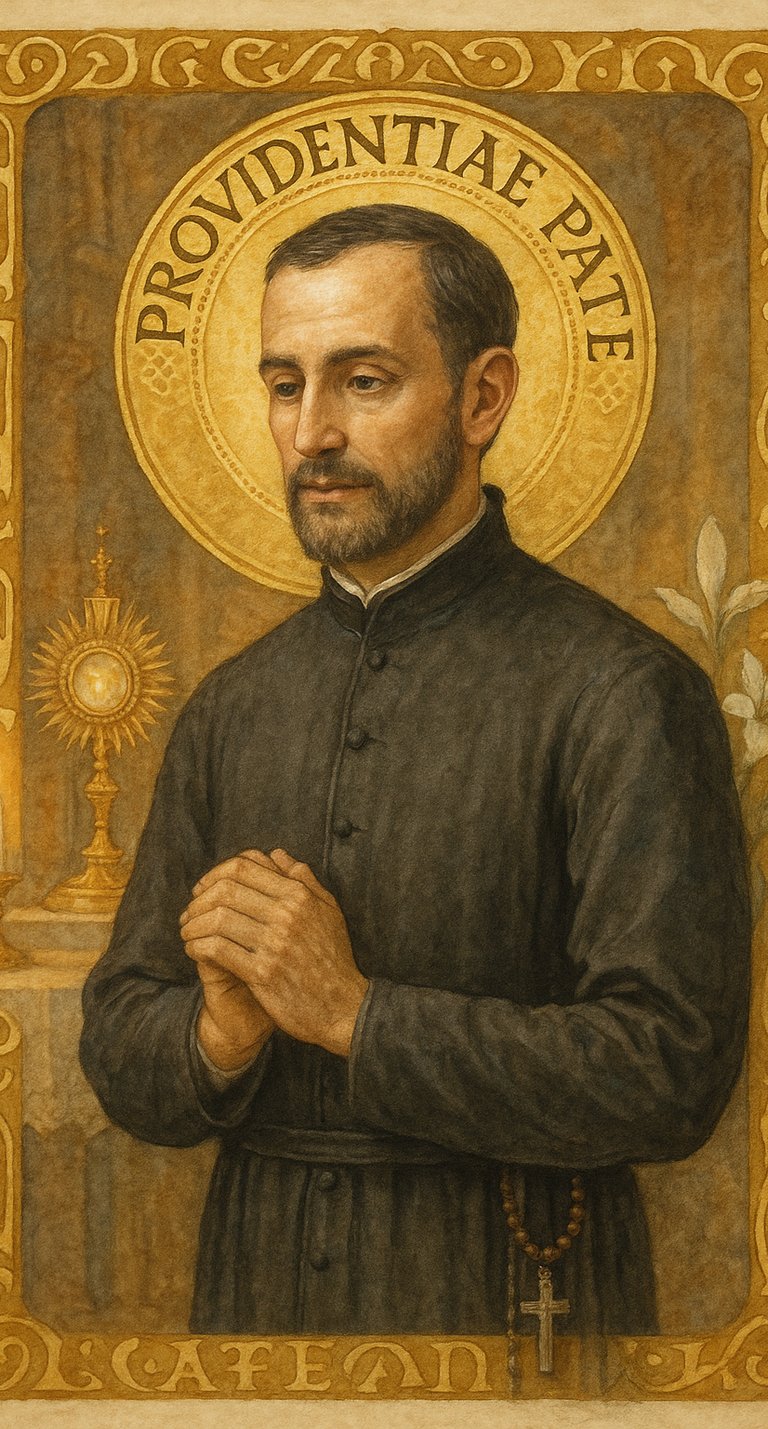St. Cajetan: Apostle of Providence and Priest of Reform
Feast Day: August 7 Patron of: Job seekers, the unemployed, gamblers, and those in financial distress
Halo & Light Studios
8/7/20252 min read


Click Link for a reel of Daily Dose of Saints and Faithful Art:
https://youtube.com/shorts/xH-vr4SKPLQ
In an age of religious turmoil and ecclesial decay, St. Cajetan (1480–1547) stood like a candle in the wind—burning with quiet, persistent light. As Europe trembled on the brink of revolution and schism, this Venetian nobleman turned priest offered not protest, but penance. Not revolt, but reform through holiness.
Cajetan lived during one of the most turbulent centuries in Church history. In 1517—just one year after his priestly ordination—Martin Luther launched the Protestant Reformation, tearing through Christendom like wildfire. The papal court in Rome was marred by decadence. Clergy were often untrained, worldly, or indifferent, and the sacraments were poorly administered.
But Cajetan believed the solution wasn’t to leave the Church—it was to heal her from within.
He co-founded the Theatine Order in 1524 alongside Gian Pietro Carafa (later Pope Paul IV). These priests embraced apostolic poverty, daily Eucharistic devotion, and constant renewal through confession and prayer. They refused all benefices and income, depending entirely on divine providence—hence Cajetan’s enduring title: “Father of Providence.”
But he was more than a reformer. He was a man of deep mystical vision. One Christmas Eve, while praying before the altar, the Blessed Virgin appeared to him and placed the Christ Child in his arms. This moment, immortalized in sacred art, reminds us that Cajetan’s reforms flowed not from ideology but from adoration—from an intimacy with Jesus that transcended his era’s political chaos.
Beyond Church affairs, the world itself was convulsing. Henry VIII would soon declare himself head of the Church of England. The Ottoman Empire threatened Christian Europe from the East. The printing press, a new and powerful tool, spread both doctrinal confusion and renewed evangelization.
Cajetan walked this shifting landscape without fear. He founded hospitals, served plague victims, and gave away his last coins to the poor. When asked how he could live with no income, he responded simply: “I will not refuse my brother what he needs today out of fear for tomorrow. God will provide.”
His death in Naples in 1547 went largely unnoticed in a world too distracted by politics and war. Yet his influence helped pave the way for the Council of Trent, and his Theatines would inspire future reformers like St. Charles Borromeo.
In our own times—marked by spiritual confusion, secularism, and economic anxiety—St. Cajetan speaks with gentle power: “Do not worry about tomorrow. The same God who cares for you today will care for you tomorrow and every day.”
He reminds us that the Church is not saved by strategy, but by saints.
